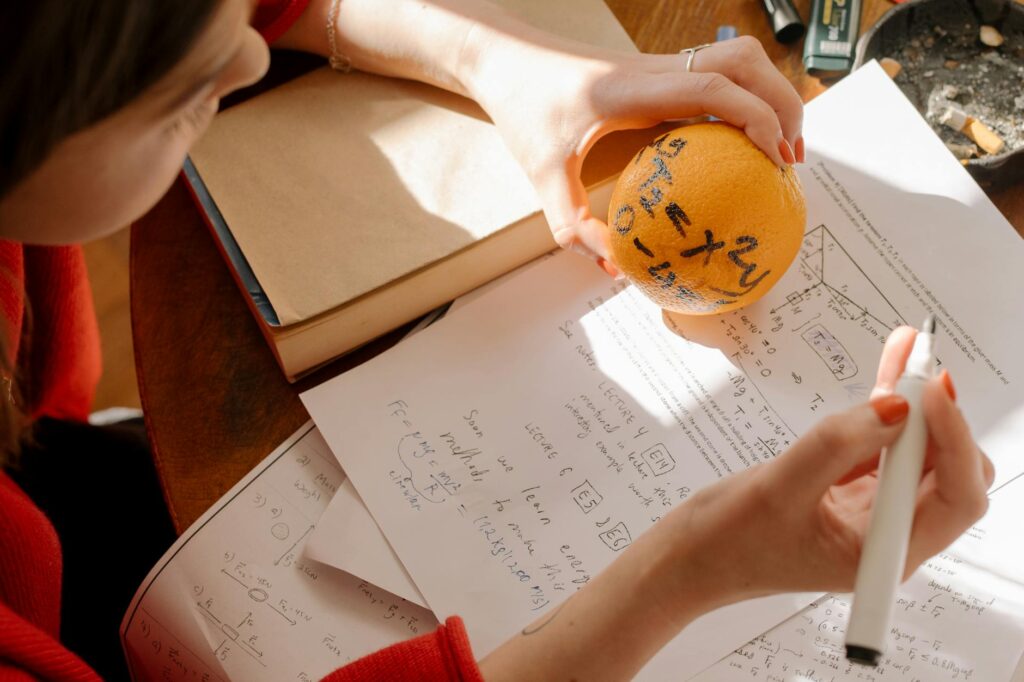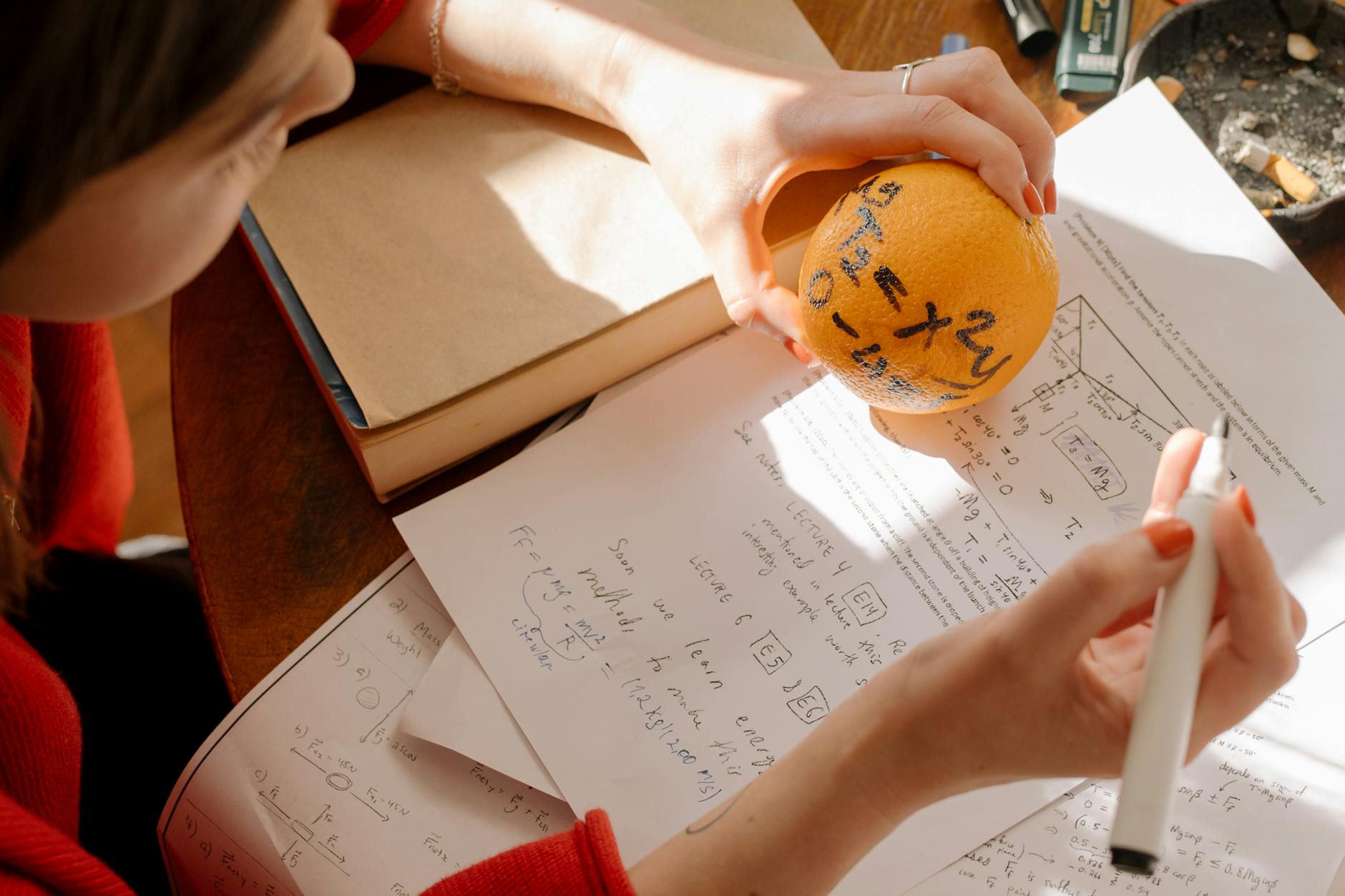What is homework distractions?

What is homework distractions?
Homework distractions are interruptions that prevent students from focusing on their schoolwork. These distractions can significantly hinder academic performance and productivity. Recognizing what pulls your attention away during study sessions is crucial for developing effective homework habits. In a world filled with constant noise and competition for attention, it’s vital to identify and manage these distractions to ensure academic success.
Types of Homework Distractions
Understanding the various types of homework distractions can help you navigate your study environment more effectively.
Digital Distractions
In today’s digital age, smartphones, social media, and online activities are major sources of distraction. It’s all too easy to lose track of time scrolling through Instagram or watching YouTube videos instead of finishing your assignments. According to a study, nearly 57% of students reported spending significant time distracted by digital devices while doing homework. It’s essential to be aware of how these devices can impede focus and concentration during critical study sessions.
For instance, if you’re working on a paper and suddenly decide to check your friend’s latest post, that quick peek can quickly transform into an hour-long browsing session. Establishing boundaries with technology can lead to more effective study time.
Environmental Distractions
Your study environment plays a crucial role in your ability to concentrate. Noise, cluttered spaces, and unsatisfactory study environments can lead to ineffective studying. Imagine trying to read a complex textbook while the TV blares in the background or your younger sibling plays loudly nearby. Such distractions can break your train of thought and severely impact your productivity.
Creating an organized and quiet study area can work wonders for your focus. Consider using noise-canceling headphones or soft music to create a more conducive learning atmosphere.

Photo by cottonbro studio
Social Distractions
Friends, family, and social activities also contribute to homework distractions. Whether it’s a friend texting you to hang out or your family engaging in a lively discussion, these social interruptions can easily derail your concentration. While social interactions are essential for maintaining relationships, setting boundaries during study time is equally crucial.
Finding a balance between social life and academics can help you stay focused while still enjoying time with loved ones. Establishing study schedules that account for social activities can create a more structured approach to managing distractions.
Effects of Homework Distractions
Now that we’ve covered the various types of distractions, let’s analyze their repercussions, especially concerning academic performance and mental health.
Impact on Academic Performance
Homework distractions can lead to lower grades, incomplete assignments, and a poor understanding of material. When you’re frequently interrupted, the quality of your work may suffer. A lack of focus often results in missed deadlines or incomplete tasks, which can lower your overall performance.
Imagine submitting an essay that could have been much better if only you had focused without interruptions. The frustration of knowing you could have performed better can be demoralizing.
Psychological Effects
The psychological toll of constant distractions contributes significantly to stress and anxiety levels. Students often feel overwhelmed trying to juggle study time with a myriad of distractions. This can lead to decreased motivation and feelings of inadequacy when academic tasks pile up.
As the pressure mounts, students may experience burnout, making it even harder to focus. It’s essential to recognize that managing distractions effectively is not just about improving grades; it’s also about nurturing mental well-being.
Strategies to Minimize Homework Distractions
Fortunately, there are practical strategies that students can implement to reduce distractions and enhance their focus while studying.
Creating a Productive Study Environment
Setting up a distraction-free workspace is a significant first step. Consider these tips for creating a conducive study area:
- Minimize noise: Use noise-canceling headphones or listen to white noise.
- Organize materials: Keep your study materials in order to avoid unnecessary distractions.
- Remove electronic distractions: Turn off notifications and even consider using apps that block distracting websites during study sessions.
By establishing a dedicated and organized space, you’ll be better equipped to concentrate on your homework.
Time Management Techniques
Effective time management is essential for reducing homework distractions. Techniques such as the Pomodoro Technique or time-blocking can help you structure your study sessions.
The Pomodoro Technique involves studying for 25 minutes and then taking a 5-minute break. This method can help maintain focus and prevent burnout. Time-blocking, on the other hand, involves scheduling specific periods for studying, allowing you to allocate time for breaks, social activities, and other commitments.
Digital Detox Strategies
Taking periodic breaks from screens and social media can enhance concentration and productivity. It’s crucial to unplug and give your mind a rest from the digital world. Consider designating certain hours as “screen-free” periods to recharge your focus.
Engaging in physical activities, reading a book, or even meditating can provide a refreshing break from your usual routine, making it easier to return to your homework with a clear mind.
Conclusion
Recognizing and managing homework distractions is crucial for academic success and personal growth. By understanding the types of distractions, their effects on performance, and implementing practical strategies to mitigate them, students can enhance their focus and productivity. Remember, the goal isn’t just better grades—it’s about fostering a healthy, balanced approach to learning. By applying these strategies, you can transform your study habits and achieve your academic goals more effectively.